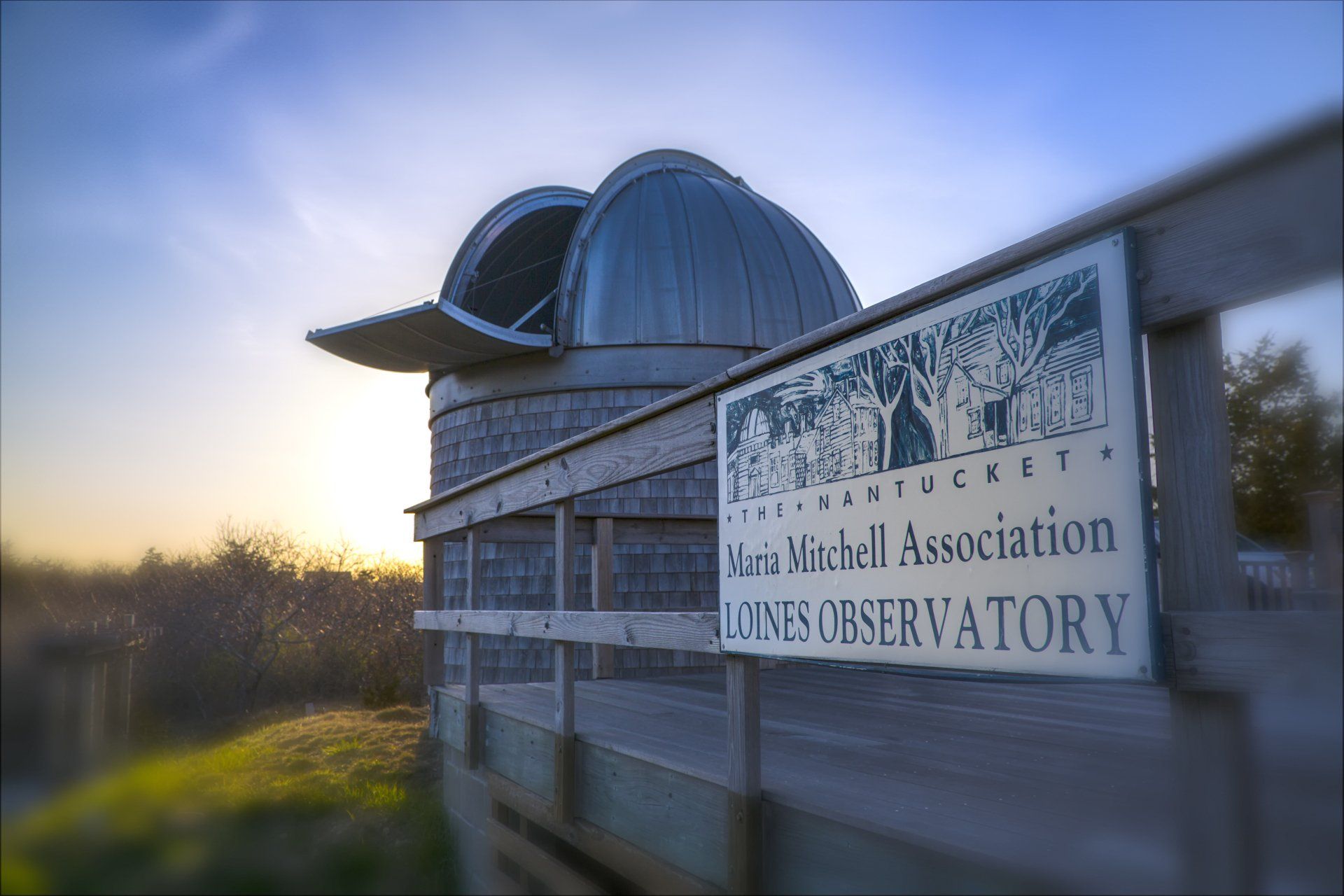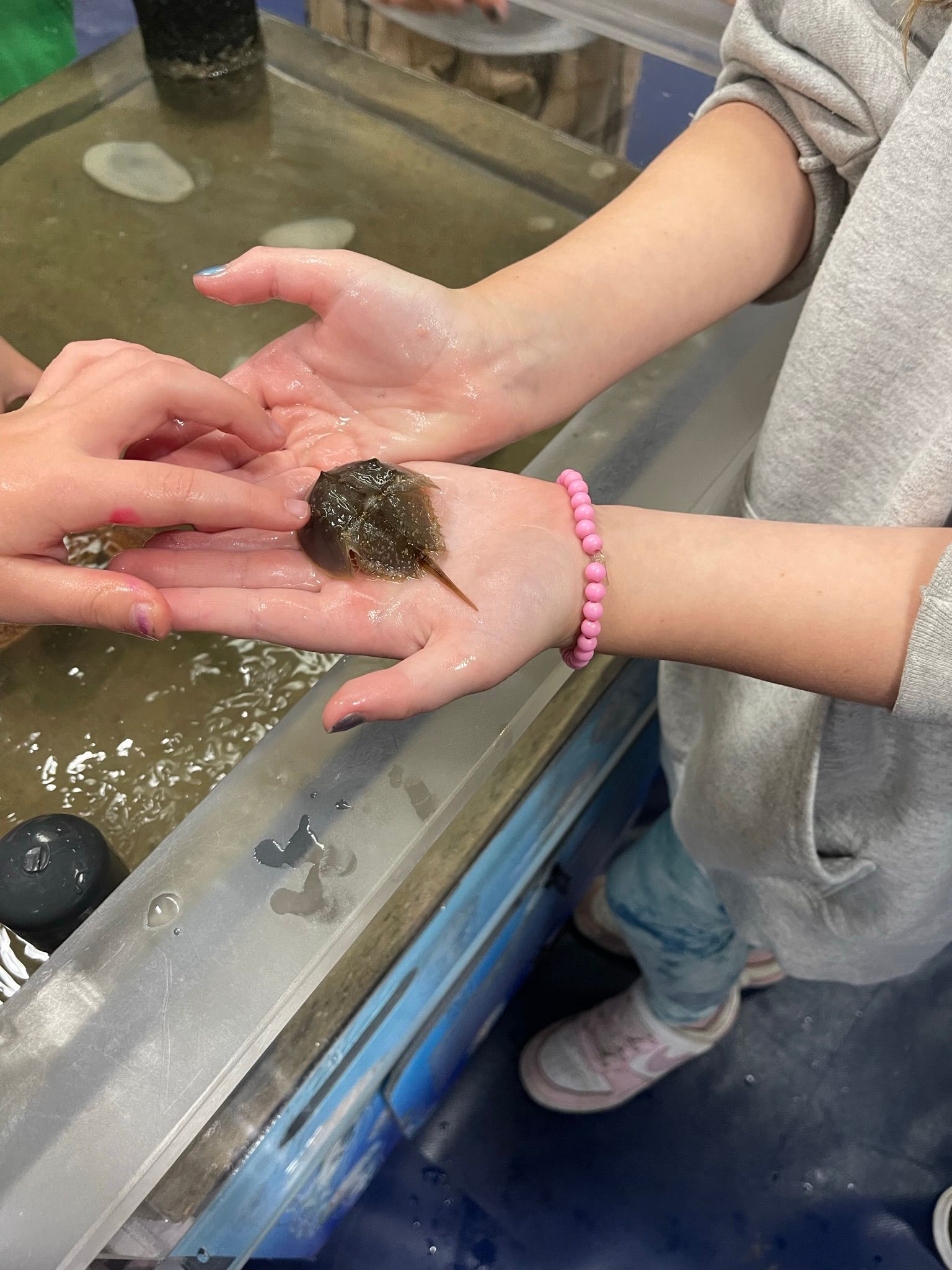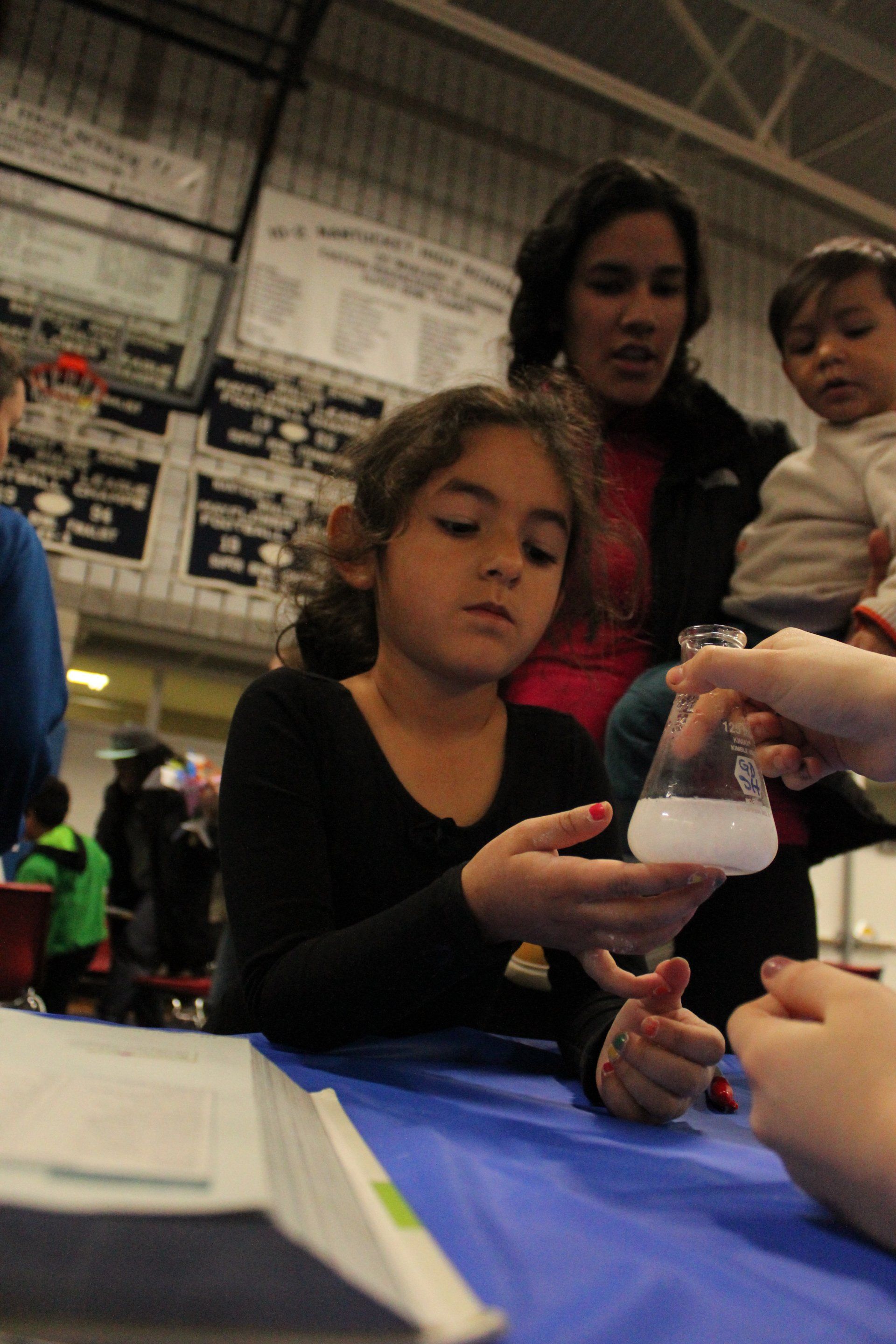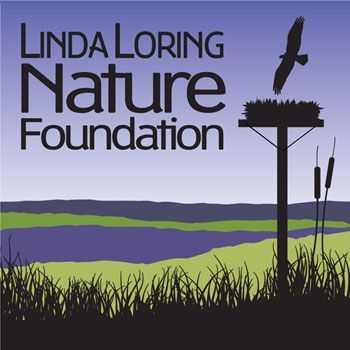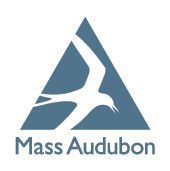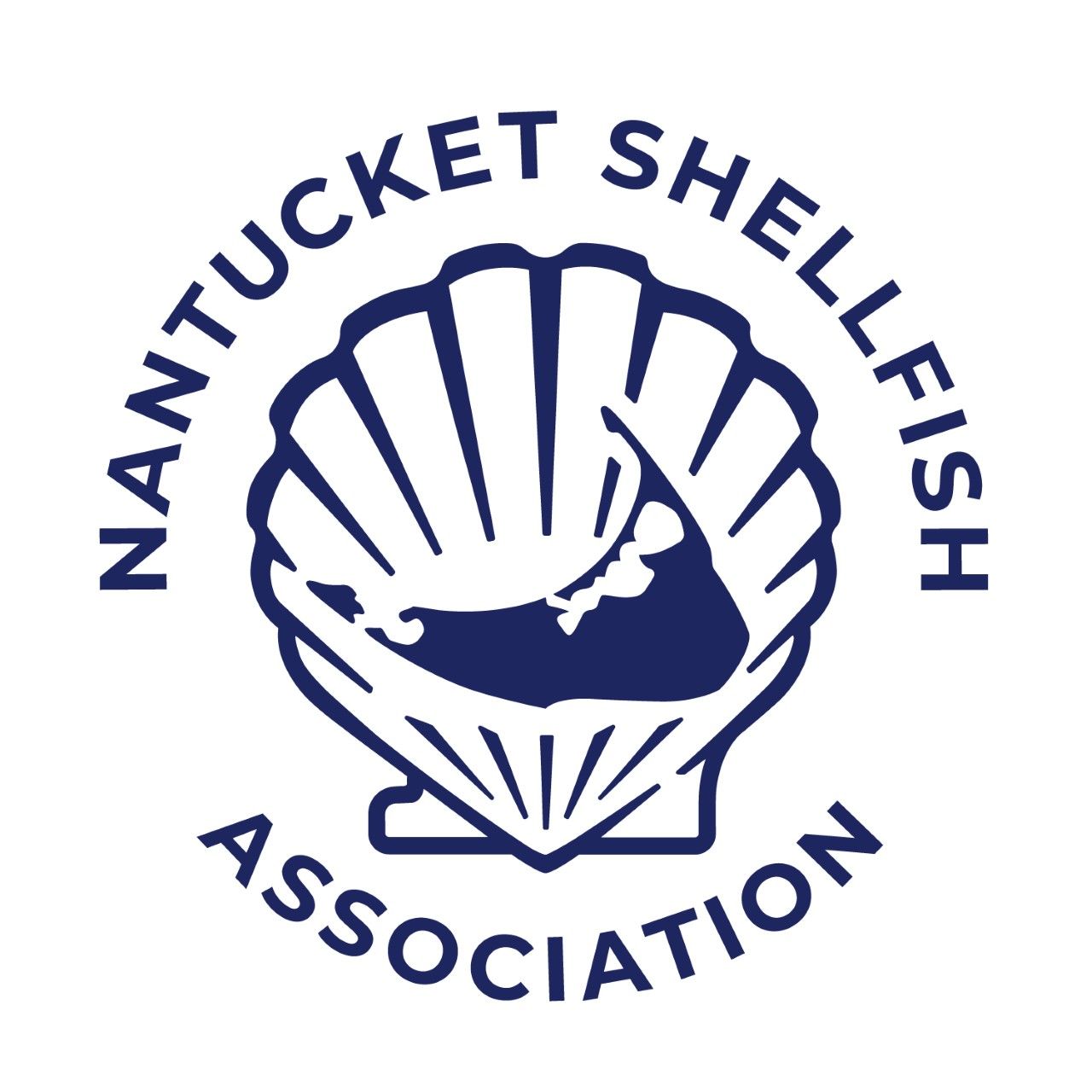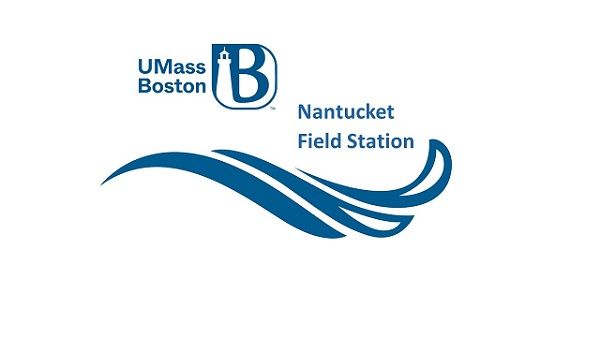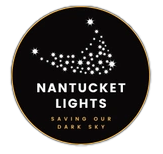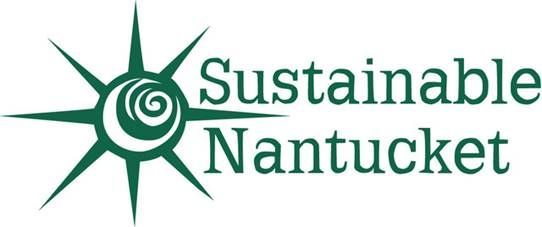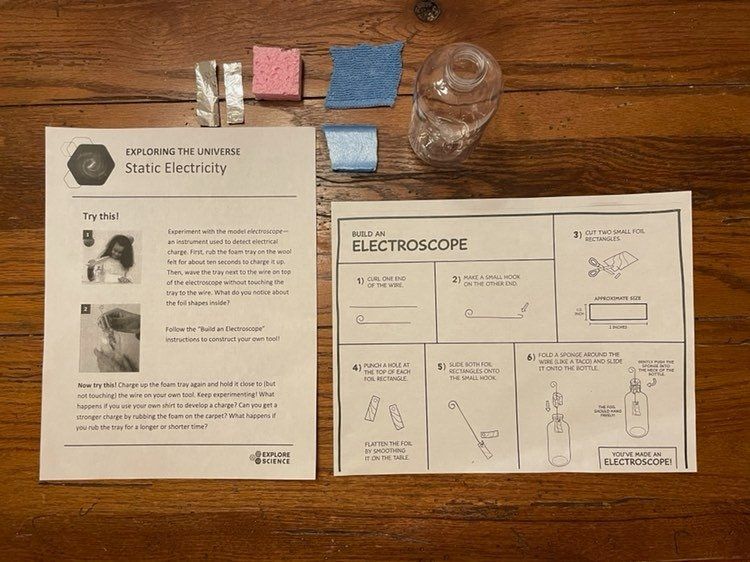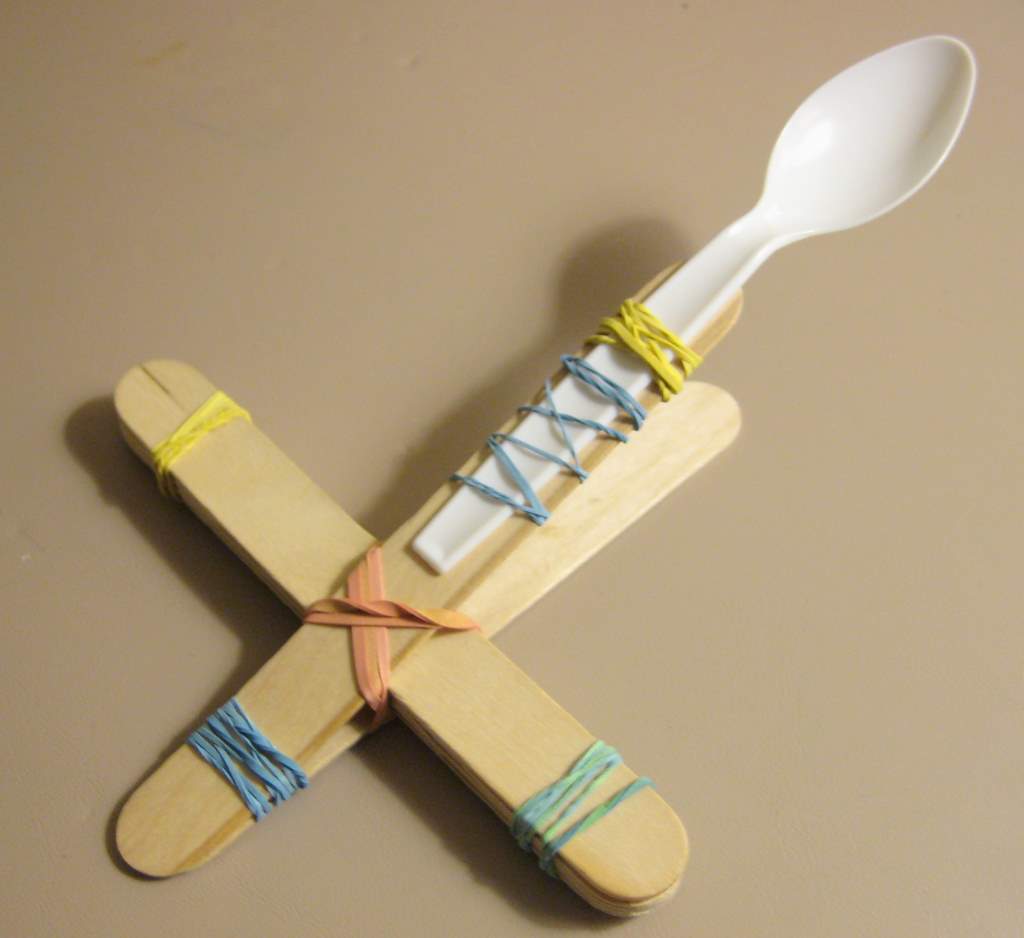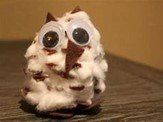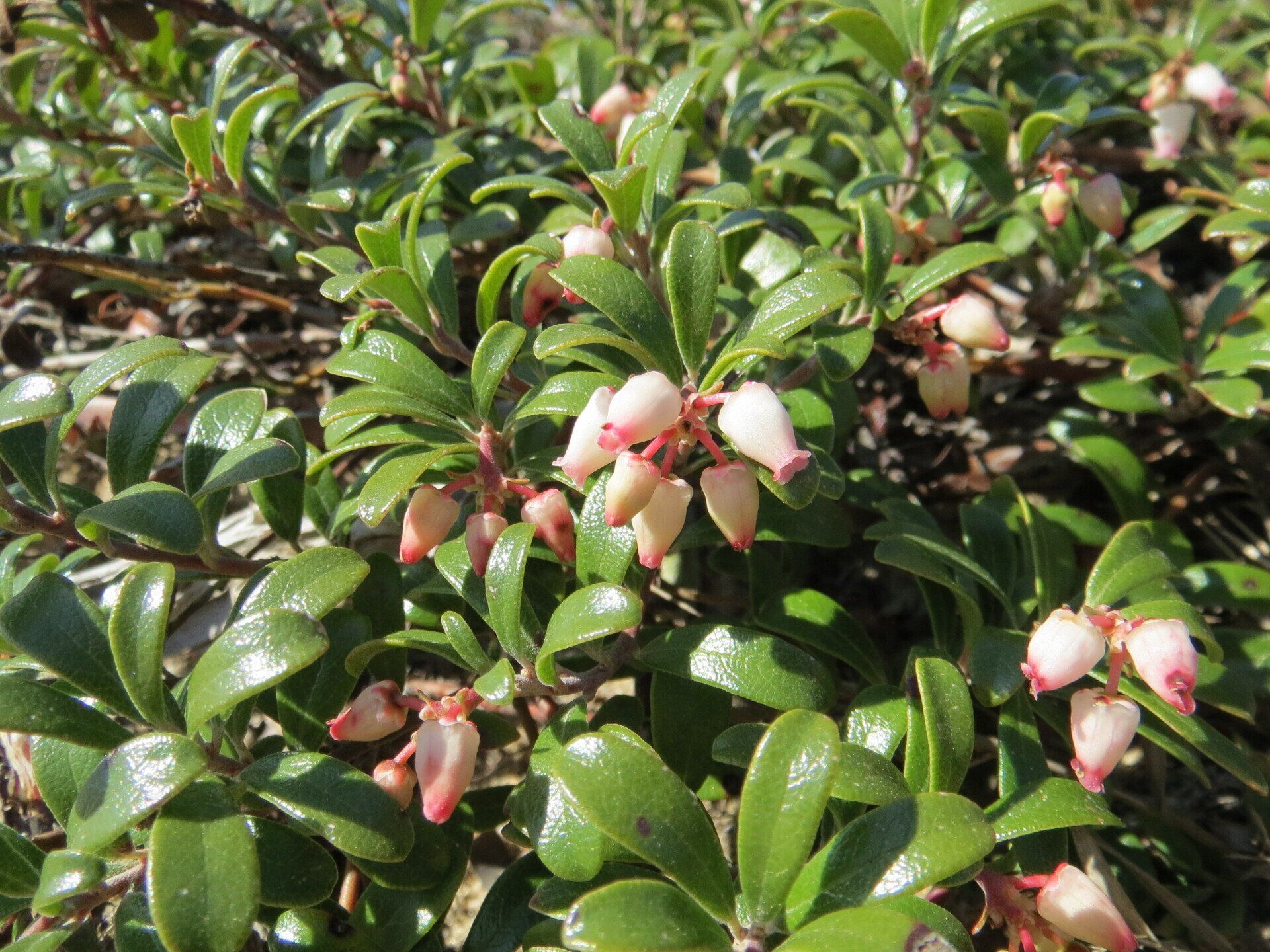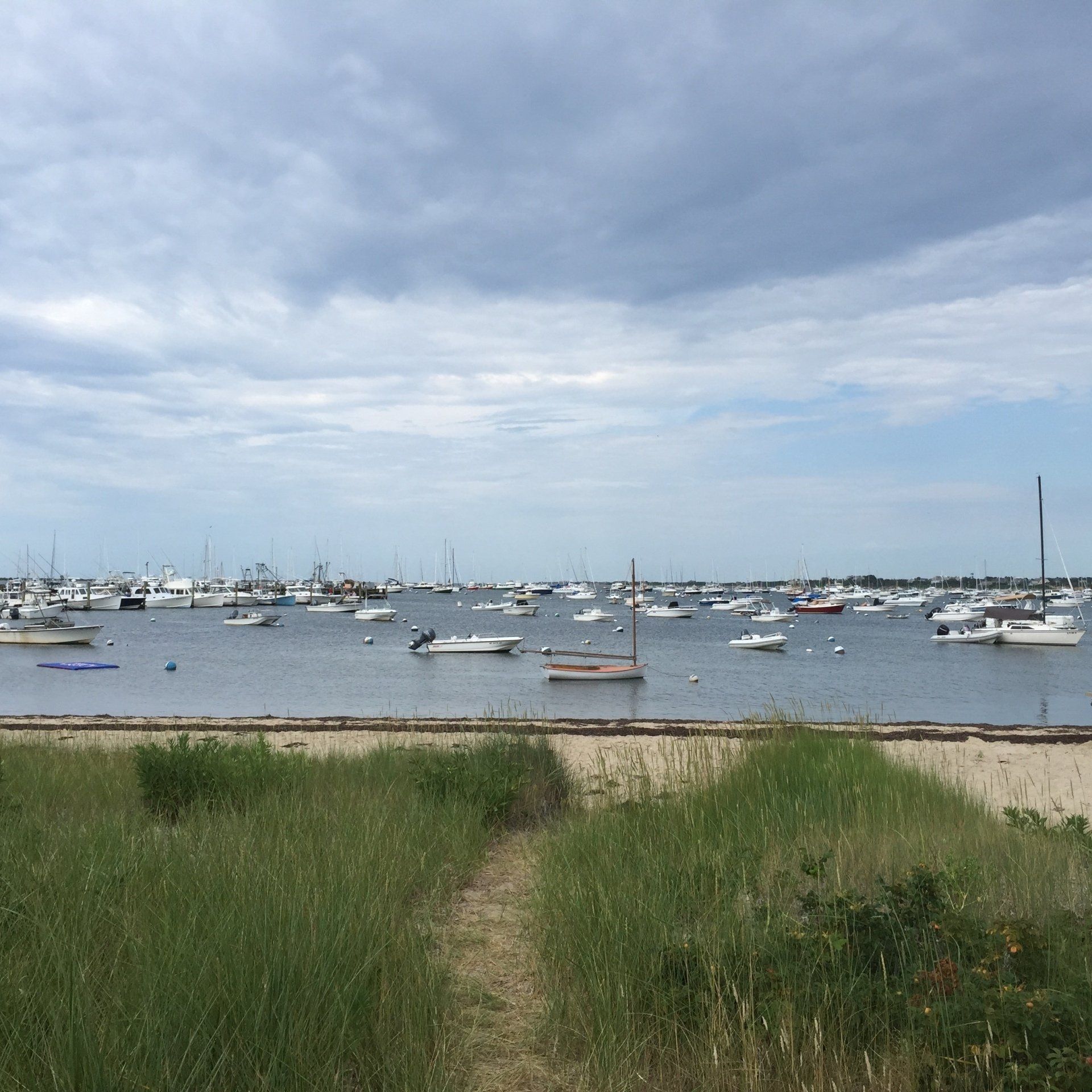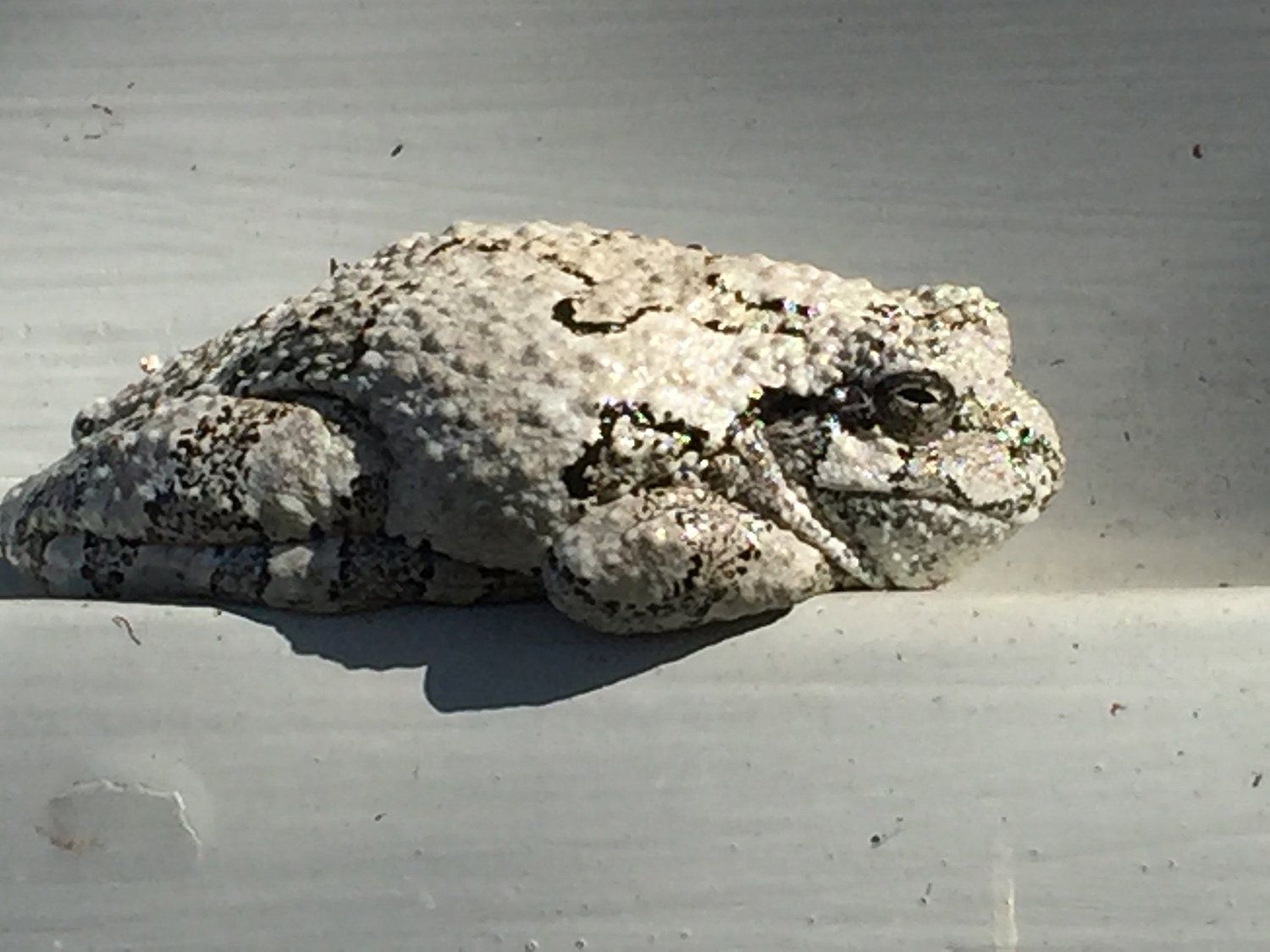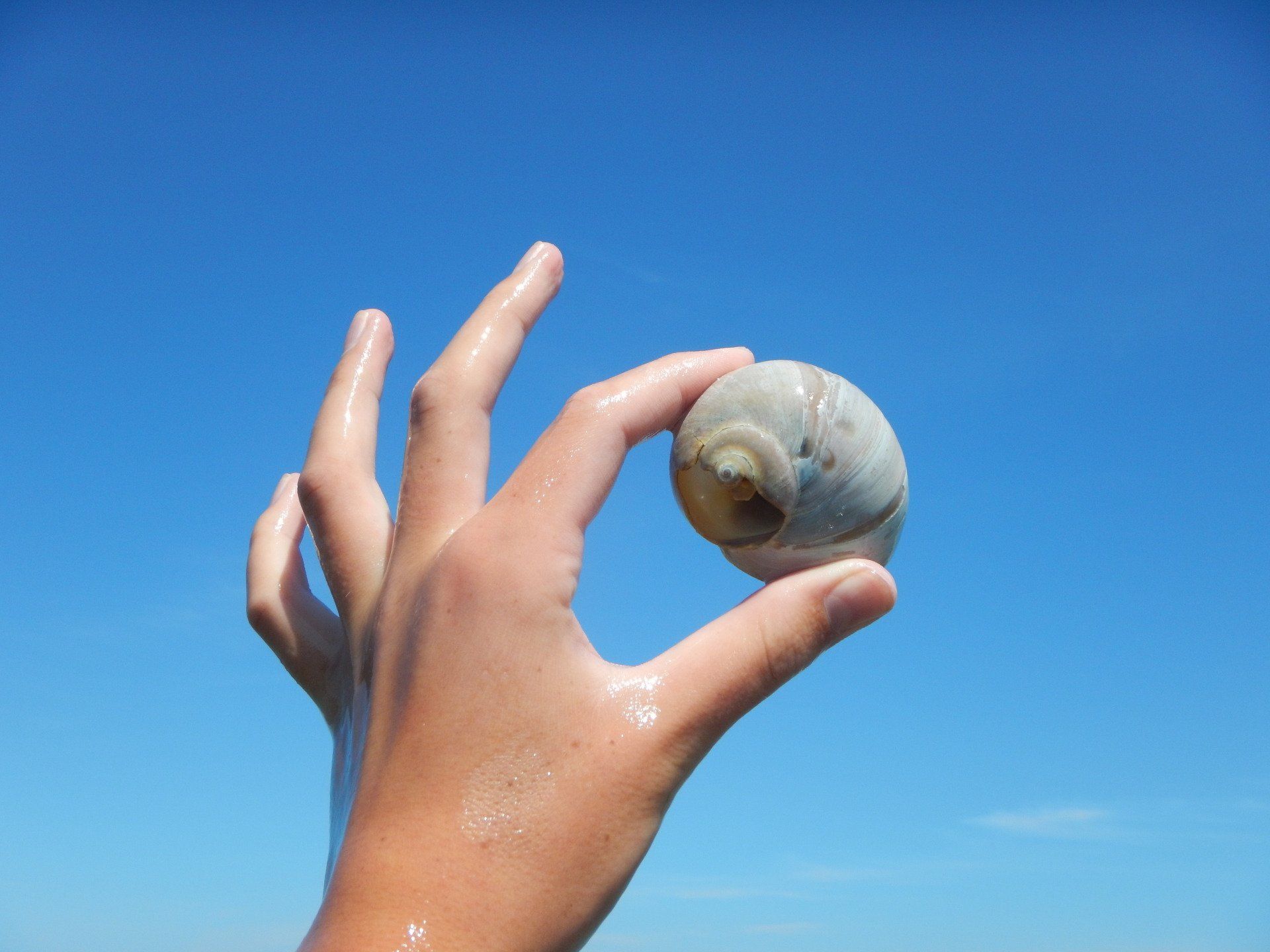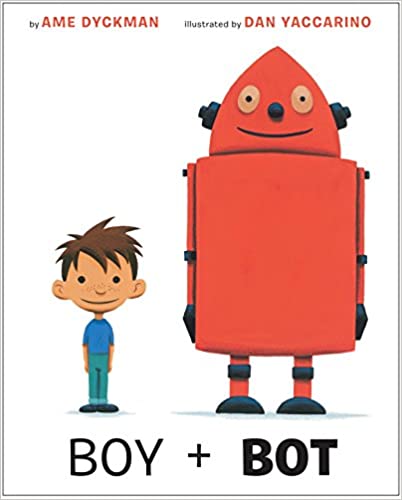Nantucket Science Festival
Saturday March 16, 2024
10:30AM - 2PM
9:30AM - 10:30AM Sensory Friendly Hour
99
The Nantucket Science Festival (AckSciFest) is a FREE late-winter/pre-spring community-based event centered around Nantucket Science, Technology, Engineering, Art, Mathematics, and bringing together both island partner organizations and the community at large. In its 10th year, this year, this event will bring together over fifteen community partners to host over twenty-five enrichment activities for adults and children alike. This event will be held at the Nantucket High School, 10 Surfside Road and begins at 9:30am with a dedicated sensory friendly hour, for diverse families, until 10:30am. At 10:30am, the event will be open to the public and run until 2:00pm
In 2023, in partnership with the Nantucket Community School, this event brought together 13 community organizations that hosted educational activities for adults and kids alike who left with smiles and newfound knowledge.
Is your organization interested in hosting a table, activity or presentation this year? Email Jónelle Gurley, Director of Science and Programs at jgurley@mariamitchell.org to be added to the contact list.
Is your organization interested in hosting a table, activity or presentation this year? Email Jónelle Gurley, Director of Science and Programs at jgurley@mariamitchell.org
Get Inspired by Our Past Activities
At-Home DIY Activities
Nantucket Land Council Weather Station Project:
Part 1: The Rain Gauge
Humans have been measuring precipitation for thousands of years. Water is our most critical resource and keeping track of rainfall from year to year helps us plan everything from managing Nantucket’s Sole Source Aquifer to managing our food crops and flower gardens.
For the full activity, click here!
Part 2: The Thermometer
Every living thing on Nantucket is influenced by the seasonal temperature changes on here. The plants bloom and fruit during the warmer months, birds and fish migrate by the thousands as the seasons change, and even us humans change how we dress and behave based on what the thermometer reads. The thermometer was invented over five centuries ago and is so useful we have them everywhere- our cars, yards, homes, even some businesses show the temperature on their signs! Today we’ll learn how they work, and how to build one right at home.
For the full activity, click here!
Part 3: The Anemometer
Few natural forces shape Nantucket as much as wind does. Look around-
especially at our trees. Along the perimeter of the island, trees grow crooked,
stunted and gnarly. They survive where few others can- in the salt spray zone. Waves crashing on the beaches produce a fine mist which is carried by the wind. This salt spray kills many plants, but not our hardy species such as Atlantic cedar. Not only do they handle the salt spray, they withstand frequent storms, growing crooked from the wind.
For the full activity, click here!
Maria Mitchell Association Kit: Electroscope
Static electricity—caused by a charge imbalance when positive and negative charges are separated—can damage sensitive electronics. Researchers building the rovers and landers that explore the solar system must be careful to minimize discharging static electricity. Create your own electroscope to detect electrical charge with this activity!
For the full activity, click here!
Para ver la actividad completa, haga clic aquí!
Maria Mitchell Association Kit: Catapults and Potential Energy
Catapults work because of potential energy. Potential energy is the energy stored in an object because of its position or state. A bicycle on top of a hill, a book on the edge of a shelf, and the stretched rubber band in this catapult activity all have potential energy. When potential energy is released, it becomes motion and is then called kinetic energy. Explore potential energy by making your own catapult!
For the full activity, click here!
Maria Mitchell Association Kit: Rocket Blast Off
Become a rocket engineer! Rockets that are designed by scientists and engineers at NASA to go into space work on a similar principle. Rocket engines burn fuel and turn it into hot gas that gets pushed out the back of the rocket, propelling the rocket upward. Blast off your own chemistry rocket with this activity!
For the full activity, click here!
Para ver la actividad completa, haga clic aquí!
Nantucket Community School Kit: Color Explosions
While doing this science activity with your kids it’s a great time to talk about chemical reactions! When baking soda (an acid) and vinegar (a base) mix they create a chemical reaction that produces a carbon dioxide gas, the same thing that we breathe out! This chemical reaction is what causes the fizzing when you drop the vinegar onto the baking soda. The bubbles you see are filled with carbon dioxide gas. Also, using pipette or manipulating the straw to pick up the vinegar is great for helping to develop fine-motor skills, pencil grasp and coordination.
For the full activity, click here!
Mientras realiza esta actividad científica con sus hijos, ¡es un buen momento para hablar sobre las reacciones químicas! Cuando el bicarbonato de sodio (un ácido) y el vinagre (una base) se mezclan, crean una reacción química que produce un gas de dióxido de carbono, ¡lo mismo que exhalamos! Esta reacción química es la que provoca la efervescencia cuando se echa el vinagre sobre el bicarbonato de sodio. Las burbujas que ves están llenas de dióxido de carbono. Además, usar una pipeta o manipular la pajita para recoger el vinagre es excelente para ayudar a desarrollar las habilidades motoras finas, el agarre del lápiz y la coordinación.
For the full activity (in Spanish), click here!
Make Your Own Snowy Owl
Snowy owls play an essential role in controlling the numbers of rodents in the Arctic tundra environment. Learn more about these animals and make your own
snowy owl with this craft provided by the Maria Mitchell Association's Mitchell House!
For the full activity, click here!
Outdoor Adventures
Nantucket Conservation Foundation Evergreen Exploration
Learn all about Nantucket's evergreen trees with the Nantucket Conservation Foundation's junior tree guide! You'll discover what defines an evergreen tree, the parts of a tree, and the different kinds of evergreens you can find here in Nantucket. The guide concludes with an interactive activity for you to survey the trees in your yard!
For the full activity, click here!
Linda Loring Nature Foundation BioBlitz using iNaturalist
Using iNaturalist (a public, free app) we can all add to the biodiversity information on Nantucket just by taking photos of cool things in nature on our daily walks. Learn about the creatures and plants that you see; you don’t even have to know what anything is! Take a good quality photo and iNaturalist’s community members of scientists and nature enthusiasts will identify it for you! You’ll end up with a list of what you’ve seen – while watching spring emerge on Nantucket! On Tuesday, March 16th at 5pm, Dr. Sarah Bois, Director of Research and Education at LLNF will present a demonstration and talk titled, "2021 LLNF BioBlitz for Nantucket using iNaturalist." In this online demonstration, Sarah will highlight the free, family-friendly BioBlitz project, how to get involved, and how to use the iNaturalist citizen science program.
Tune in for the 5pm event on Tuesday, March 16th here!
UMass Boston Nantucket Macroplastic Notebook
Large pieces of plastic litter are frequently found in the water or on land we call this macroplastic litter. When not collected it will eventually degrade and breakup into smaller pieces of many shapes, sizes and colors. How does this happen? As pieces of plastic sit on land, in the sun or are thrown about in and out of water, in changing temperatures, freezing and then heating up causes plastics to become brittle and break down over time into smaller and smaller pieces becoming known as micro and eventually nano plastics. These bits of plastic end up inside of fish and other things when they enter the waterways. We would like some help tracking identifying the types, ages, and movement of the litter on the island and to remove it before it breaks into smaller pieces which becomes harder to remove from the environment.
For the full activity, click here!
UMass Boston Nantucket Wind Litter Notebook
Help to contribute to the Nantucket Plastics Notebook! Place a container to collect litter carried in the wind. Record your observations, what did you find? Did the collector get moved around in the weather? Did it rain into the collector? If you see pieces of plastic or other litter sort them out and count what you collected. You will probably get sand and dirt, leaves and other natural debris. Record in your notebook and share your data with us!
For the full activity, click here!
FrogWatch USA Survey
Nantucket naturalists are trying to learn more about the range of the grey treefrog, as well as other frog and toad species. Would you like to help? Become a FrogWatch USA citizen science monitor today by taking a short course with our partner in this effort, the Roger Williams Park Zoo. Once you have completed the training, you can get outside and help us collect data!
For the more information, click here!
Nantucket Beach Scavenger Hunt
To participate, find as specimens on the beach as you can and match them to the clues in the scavenger hunt booklet!
For the full scavenger hunt booklet, click here!
Book Review
Boy & Bot by Ame Dyckman illustrated by Dan Yaccarino
One day, a boy and a robot meet in the woods. They play. They have fun. But when Bot gets switched off, Boy thinks he's sick. The usual remedies—applesauce, reading a story—don't help, so Boy tucks the sick Bot in, then falls asleep. Bot is worried when he powers on and finds his friend powered off. He takes Boy home with him and tries all his remedies: oil, reading an instruction manual. Nothing revives the malfunctioning Boy! Can the Inventor help fix him?
A very sweet book about taking care of your friends. We love the science bits, too!
Provide Us With Feedback!
We would love to hear from you!
Please share your feedback with cpalm@mariamitchell.org
More Activities from the Nantucket Science Festival
At-Home DIY Activities
Coffee Filter Earth (English)
Provided by Nantucket Community School
El planeta Tierra en un filtro de café (Español)
Provided by Nantucket Community SchoolNew Paragraph
Sink or Float/Ice Excavation (English)
Provided by Maria Mitchell Association/National Informal STEM Education Network
¿Se hunde o flota?/Excavar hielo (Español)
Provided by Maria Mitchell Association/National Informal STEM Education NetworkNew Paragraph
When life gives you lemons….experiment! (Invisible Ink, Fizzy lemon suds, Cleaning/Aging Pennies) (English)
Provided by Maria Mitchell Association
Experimentos con limones (Español)
Provided by Maria Mitchell Association
The Magic of Soap (English)
Provided by Mass Audubon
Upcycled Greenhouses (English)
Provided by Nantucket Community School
Recipientes mini invernaderos (Español)
Provided by Nantucket Community SchoolNew Paragraph
Pantry Playdough (English)
Provided by Maria Mitchell Association
Prepara Plastilina de Despensa (Español)
Provided by Maria Mitchell Association/Nantucket Community SchoolNew Paragraph
Ice and Ice Cream Experiments (English)
Provided by Maria Mitchell Association
Hielo y helado (Español)
Provided by Maria Mitchell Association/Nantucket Community SchoolNew Paragraph
Shadows (English)
Provided by Nantucket Community School
Las sombras (Español)
Provided by Nantucket Community SchoolNew Paragraph
Sustainable City Challenge (English)
Provided by Maria Mitchell Association
Construir una Ciudad Sostenible (Español)
Provided by Maria Mitchell Association/Nantucket Community SchoolNew Paragraph
Paper Mountains (English)
Provided by Maria Mitchell Association/National Informal STEM Education Network
Montañas de papel (Español)
Provided by Maria Mitchell Association/National Informal STEM Education Network
Outdoor Adventures
Make a Bird Feeder/Bird Observations (English)
Provided by Maria Mitchell Association
Comedero para Pájaros (Español)
Provided by Maria Mitchell Association/Nantucket Community School
Have to Have a Habitat & Habitats (English)
Provided by Nantucket Conservation Foundation
Investigating Clouds (English)
Provided by Maria Mitchell Association/National Informal STEM Education Network Foundation
Observando Las Nubes (Español)
Provided by Maria Mitchell Association/National Informal STEM Education Network Foundation
Social Distancing Bioblitz (English)
Provided by Linda Loring Nature Foundation
Space/Night Activites
Make a Moon Calendar/Calculator Instructions (English)
Provided by NASA’s Jet Propulsion Lab
Jr. Ranger Night Explorer (complete booklet and receive night explorer badge!) (English)
Provided by National Informal STEM Education Network/National Park Service
Nebula Spin Art (English)
Provided by National Informal STEM Education Network/Maria Mitchell Association
Nebulosa con Arte Giratorio (Español)
Provided by National Informal STEM Education Network/Maria Mitchell Association
JOIN US
OPPORTUNITIES
CONNECT
Call Us: 508.228.9198
Email Us: info@mariamitchell.org
